If I had my way
I would move to another lifetime
I'd quit my job
Ride the train through the misty nighttime
I'll be ready when my feet touch ground
Wherever I come down
And if the folks will have me
Then they'll have me
Any world that I'm welcome to
Any world that I'm welcome to
Any world that I'm welcome to
Is better than the one I come from
I can hear your words
When you speak of what you are and have seen
I can see your hand
Reaching out through a shining daydream
Where the days and nights are not the same
Captured happy in a picture frame
Honey I will be there
Yes I'll be there
Any world that I'm welcome to
Any world that I'm welcome to
Any world that I'm welcome to
Is better than the one I come from
I got this thing inside me
That's got to find a place to hide me
I only know I must obey
This feeling I can't explain away
I think I'll go to the park
Watch the children playing
Perhaps I'll find in my head
What my heart is saying
A vision of a child returning
A kingdom where the sky is burning
Honey I will be there
Yes I'll be there
Any world that I'm welcome to
Any world that I'm welcome to
Any world that I'm welcome to
Is better than the one I come from
I always viewed the song as hopeful. It suggested that if you did not currently have a home and you were not currently being embraced by some community, that it was possible that you might one day. In some distant future, you will find your peeps, be embraced and walk right on in.
The discrimination directed against African Americans since their coming to the United States has not provided much of welcoming. Enslavement was simply hell: beatings, torture, rape, forced labor, medical experimentation, and outright killing. Post enslavement, things were only better in certain ways. Despite being freed from bondage, they were lynched, burnt, sent back into a version of slavery, threatened, rounded up as "vagrants" and worked in prisons, worked to the bone in factories as the lowest on the totem pole, kept out of housing, good schools, good supermarkets and rendered ever fearful that there situation could slip back into some vortex of violence reminiscent of Octavia Butler's Kindred or Haile Germ's Sankofa.
Given this situation, it makes sense that African Americans would believe in the distant hope of democratization and democracy studied so carefully by Ralph Bunche in "The Political Status of the Negro in the Age of FDR". Confronted with the realities that this might not sufficiently address all of their problems, it also makes sense that blacks would try to think of some other way to be welcomed. Indeed, this explains black interest in science fiction like that put forward by the Afrofuturists. "Any world that I'm welcome to" - even if that world is on another planet or set in the future. Ever see that Deep Space 9 episode where it was shown that Deep Space 9 existed in the mind of some African American set in the 1950s who was suffering from a host of discriminatory problems. In his pain, he created the idea of Deep Space 9, which you then were led to wonder about as it was not clear if it really existed or it just existed in the mind of the oppressed black writer. "Any world that I'm welcome to".
Similarly, one could view black nationalism as an attempt to make a world, rather than wait for one to arrive and/or be handed to them. In a version of a Tribe Called Quest lyric, black nationalists seem to have concluded that "If your state is an ass and your police force is a jerk, leave 'em both alone and create yourself a @." As I am not a rapper, I do not need to finish the line. You get the point.
Now, creating that place of welcoming was not an easy thing to do. Few attempts were put forward but one that I am familiar with concerns the group called the Republic of New Africa (RNA) - the topic of my last book "How Social Movements Die". The RNA concluded that America was not for them - indeed, they concluded that America was out to kill African Americans. Rather than go back to Africa like Garvey and many white racists suggested, however, the RNA decided to take a different path. They were like: we built much of the country and we still live in numerous parts of the deep south in numbers that make it look as if they were the majority. They decided that they should be given/take these states and create their own nation.
What was this nation and what was this idea of theirs? Steely Dan illuminates:
I got this thing inside me
That's got to find a place to hide me
The black nation. That was their idea. A place where they would not no fear. A place where all dreams hindered by the racist America could be fulfilled. A place of peace and harmony and collective productivity. It was "Exit" in the Albert Hirschman sense or Escaping the state in the James Scott sense.
Perhaps I'll find in my head
What my heart is saying
As we see the burgeoning national and international attention given to the newest version of the African American plight in the US (e.g., "Black Lives Matter") and the piecemeal efforts put forward to address them: e.g., body cameras, commissions of inquiry, talk shows and the like, it is worthwhile to look back some other efforts - ones a bit more critical and creative about both how bad the problem might be but also how dramatic the solution might need to be. One example is that put forward by the Republic of New Africa. Below is the government that they proposed as well as, if you read between the lines, why they proposed it.
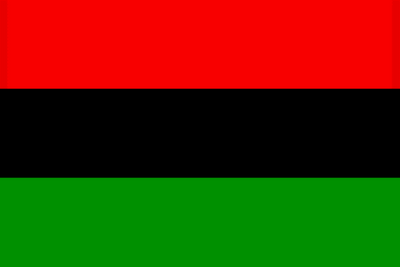
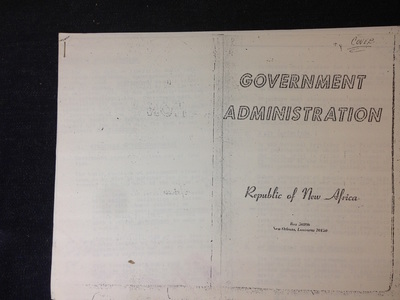
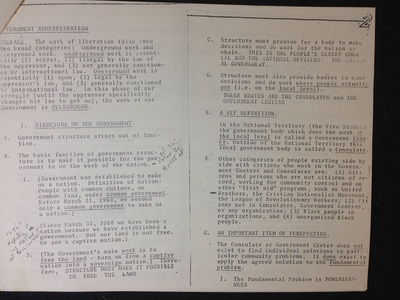
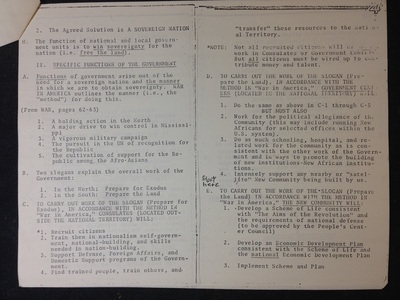
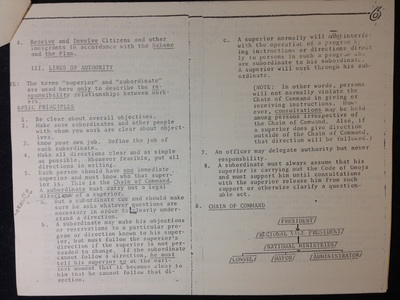
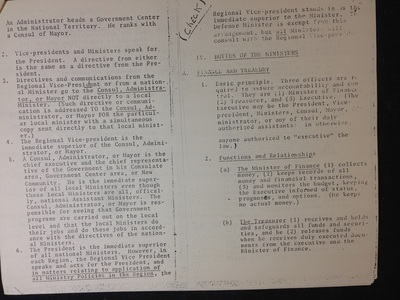

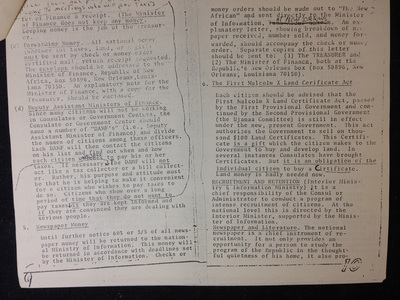
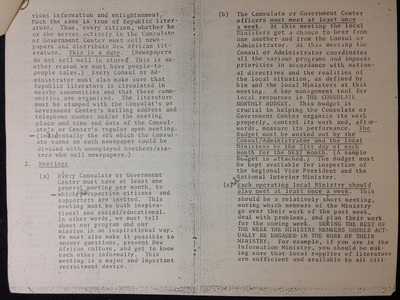
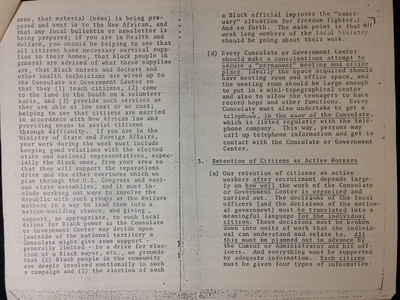
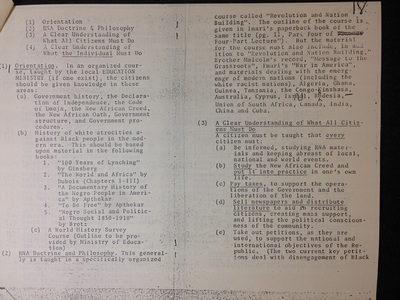
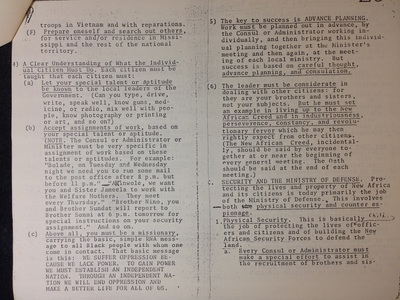
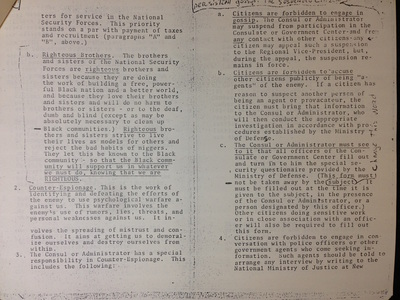
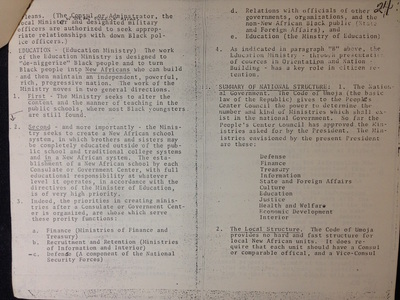
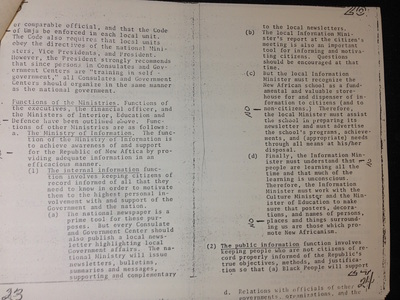
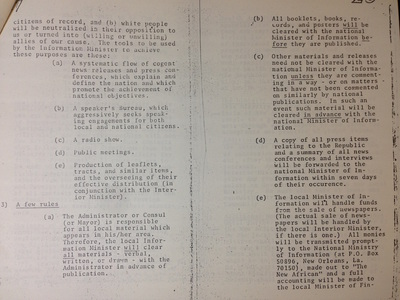
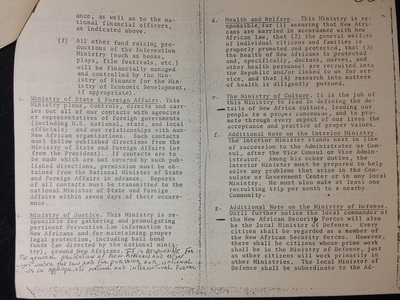
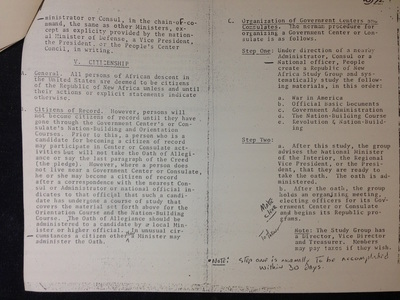
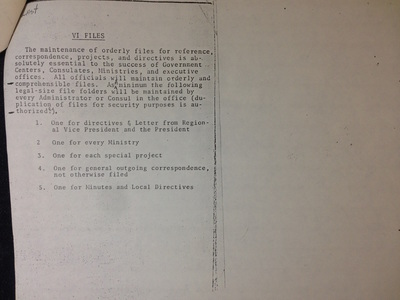

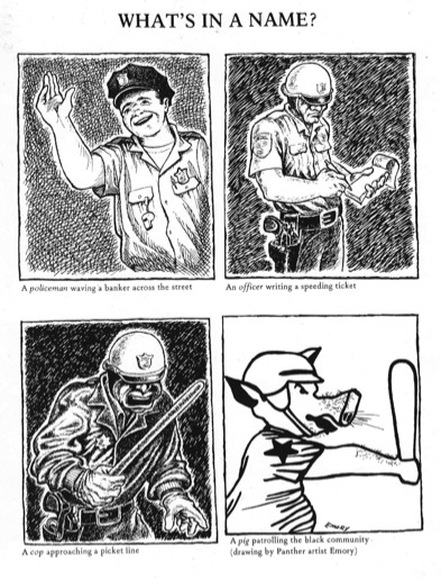
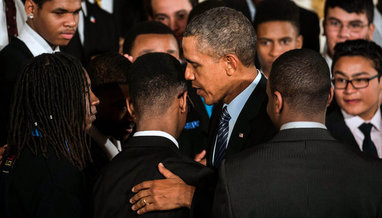
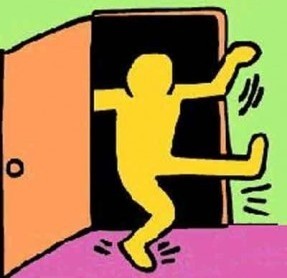
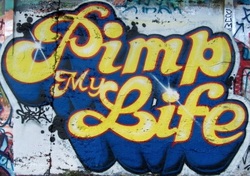
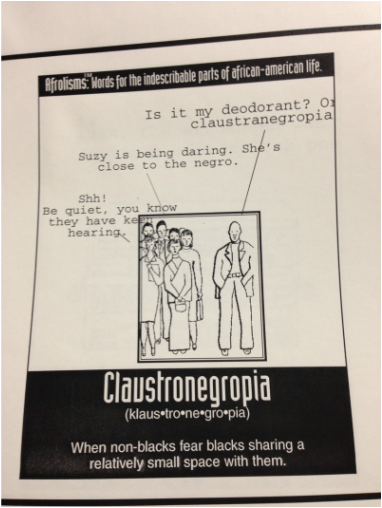
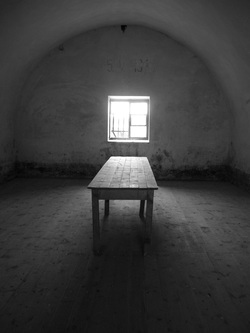

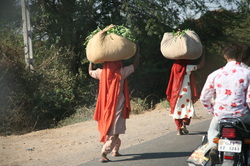
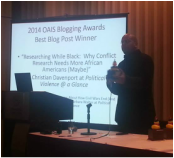
 RSS Feed
RSS Feed
